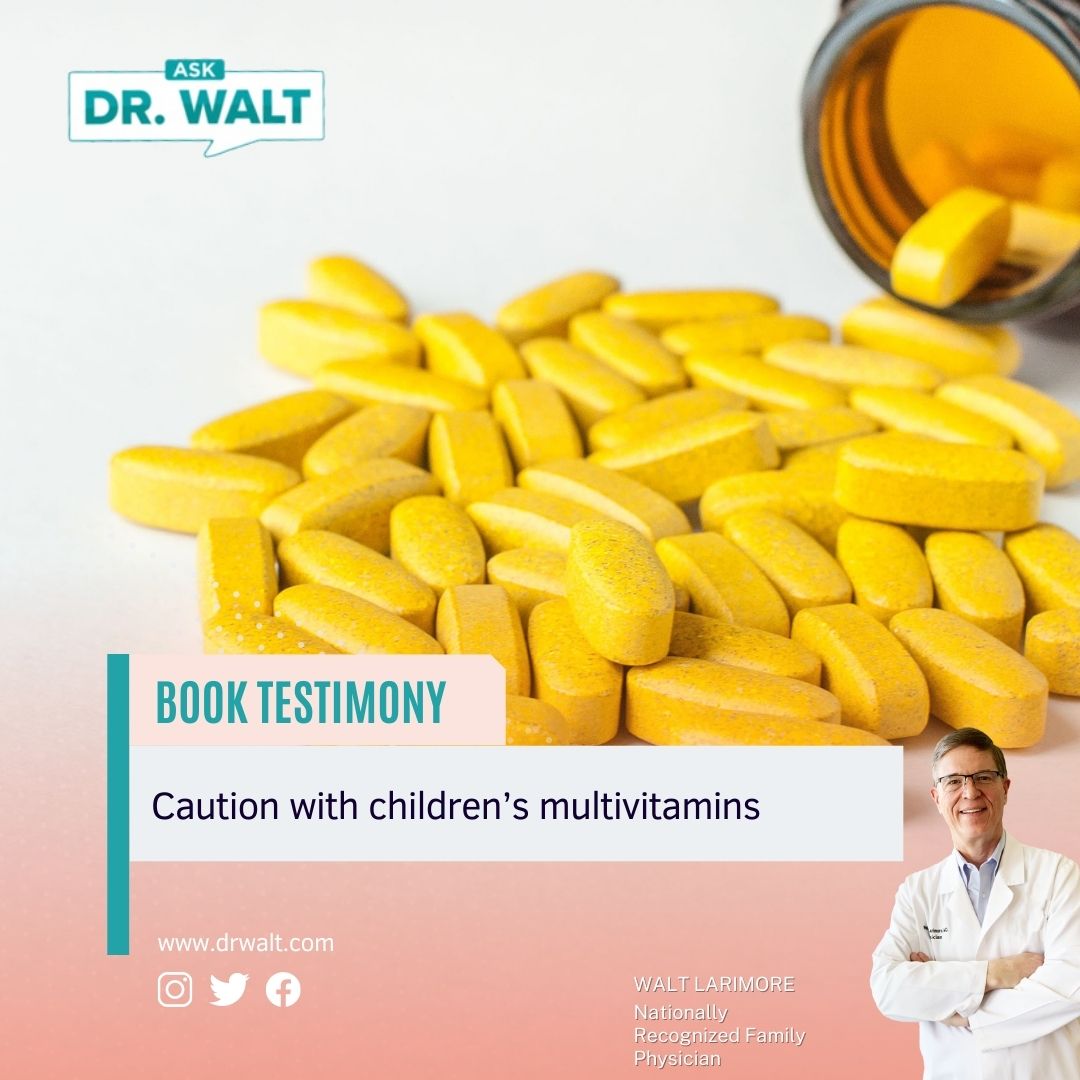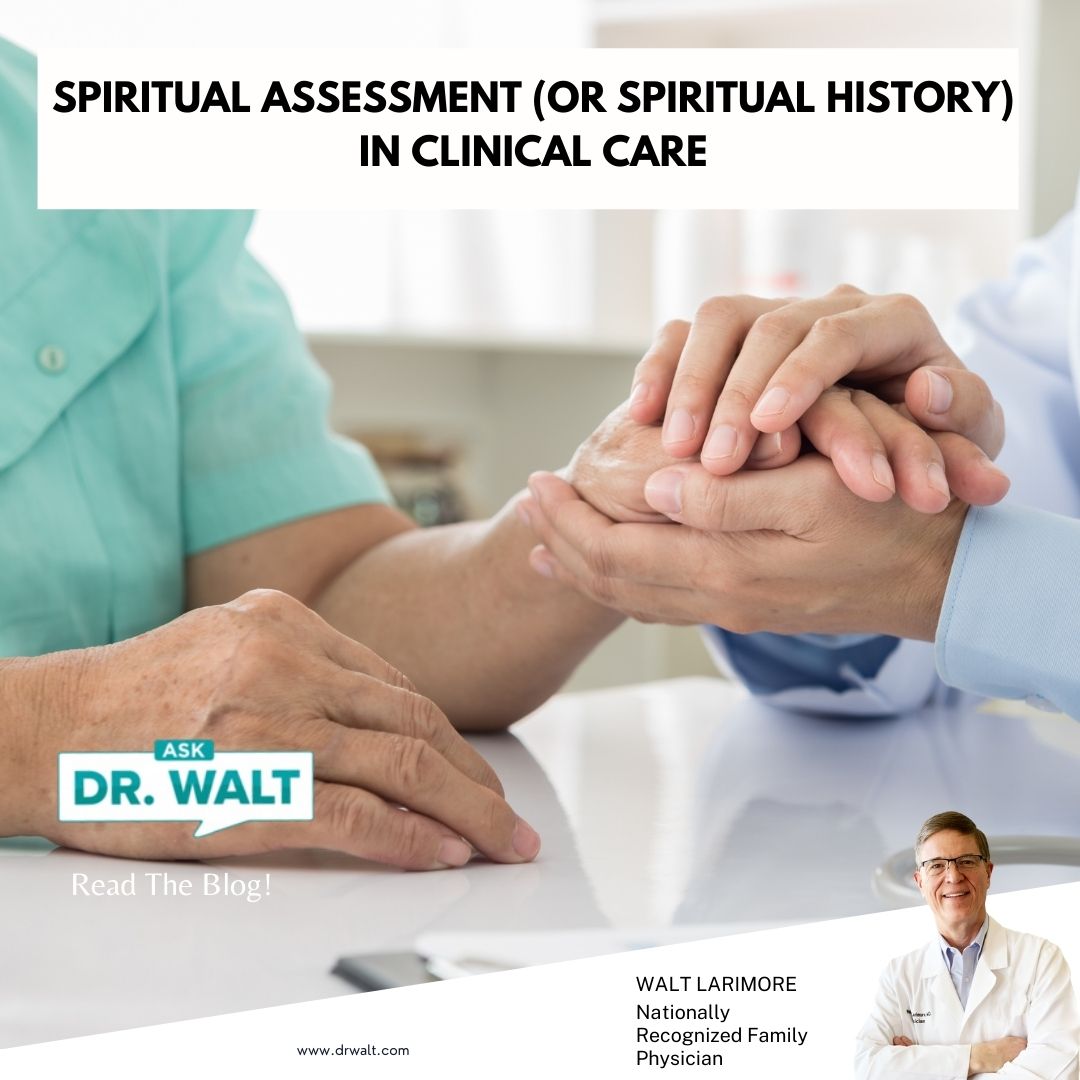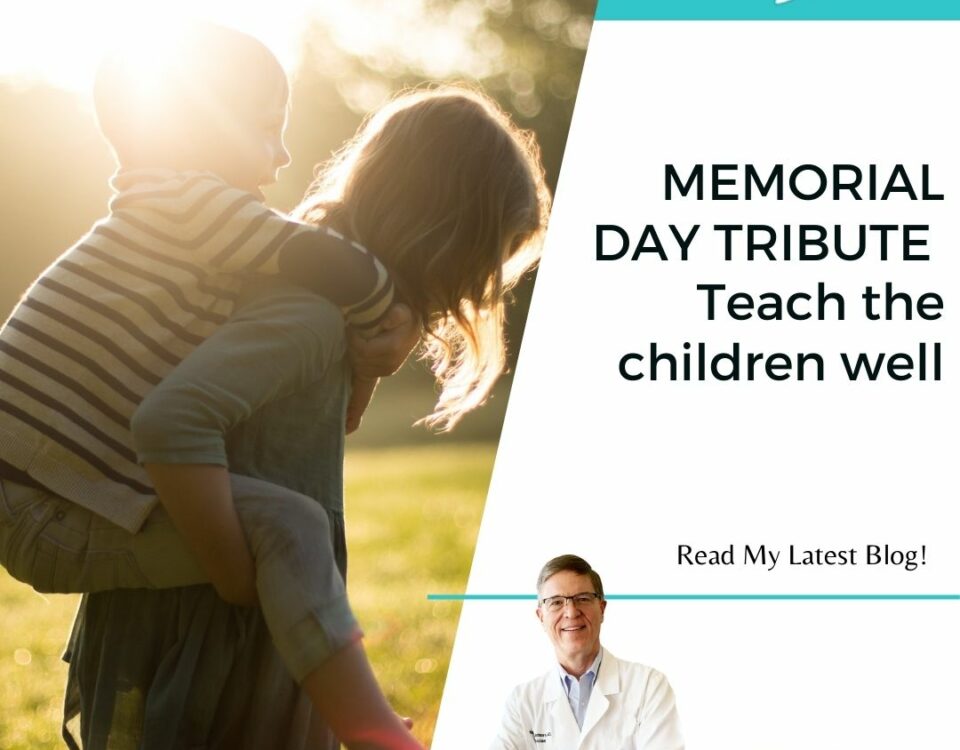
Caution with children’s multivitamins
June 2, 2022
Spiritual Assessment (or Spiritual History) in Clinical Care
June 5, 2022StudyFinds is reporting on research claiming, “There may be a much better way of treating a child’s attention deficit hyperactivity disorder (ADHD) symptoms than using medication — and that’s by giving them a more nutritious diet.”
Researchers from The Ohio State University say children with ADHD who consume more fruits and vegetables see a significant drop in their levels of inattention.
In the new Micronutrients for ADHD in Youth (MADDY) study, researchers gathered children meeting the criteria for ADHD from Ohio, Oregon, and Canada. Between 2018 and 2020, the children, all between six and 12 years old, either never took ADHD medication or stopped two weeks before the study.
Researchers surveyed the parents of these children, asking them about their child’s daily diet and portion sizes over the previous 90 days. They also asked each parent to rate their child’s inattention — the hallmark of ADHD — which is a problem that includes having trouble focusing, an inability to follow instructions, problems remembering things, and difficulty controlling their emotions.
Results of the surveys revealed that parents saw a noticeable drop in ADHD symptoms when their children ate more fruits and vegetables.
“Eating a healthy diet, including fruits and vegetables, may be one way to reduce some of the symptoms of ADHD,” says study co-author Irene Hatsu Hatsu, an associate professor of human nutrition at Ohio State, in a university release.
Read more at StudyFinds. The study is published in the journal Nutritional Neuroscience where the researchers concluded, “These findings suggest that dietary intake may impact inattention in children with ADHD . . . those eating less fruits and vegetables were likely to have more severe symptoms of inattention.”
© Copyright WLL, INC. 2022. This blog provides healthcare tips and advice that you can trust about a wide variety of general health information only and is not intended to be a substitute for professional medical advice, diagnosis, or treatment from your regular physician. If you are concerned about your health, take what you learn from this blog and meet with your personal doctor to discuss your concerns.




